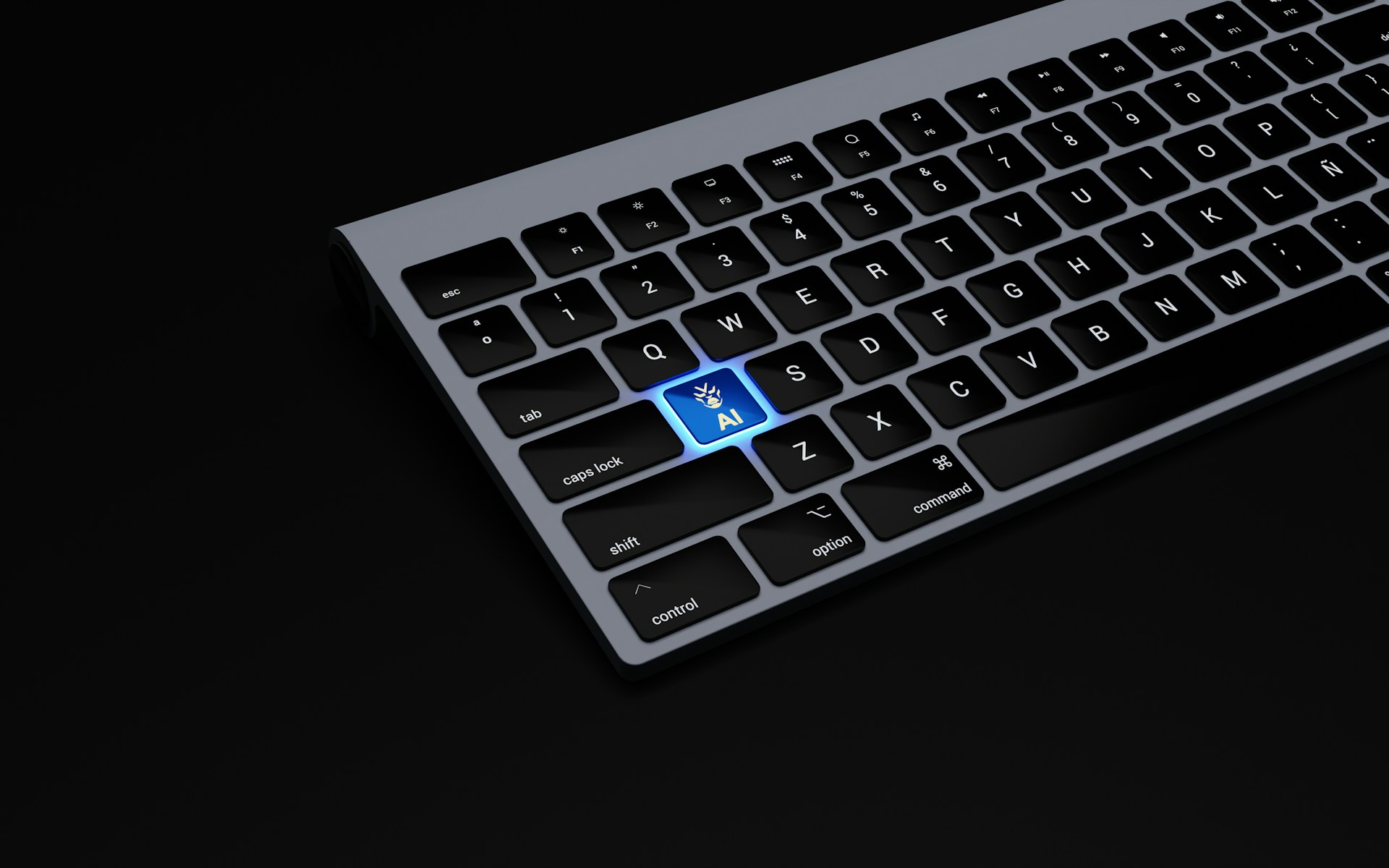Sexting, Smartphones, and Spoliation



Here’s a quick tip: If you’re suing a potential employer for sexting you during the hiring process, don’t throw out your cell phone while the case is ongoing.
That may seem like obvious advice, but too often plaintiffs dispose of their phones, destroying ESI central to their case, while litigation is pending or ongoing—as in the sexting and harassment case of Stewart v. Belhaven University, where the plaintiff tossed her phone, despite its text messages being the heart of her lawsuit. Of course, sanctions for the spoliation followed, both for the plaintiff and her attorney.
A Harassment Suit and Accusations of Spoliation
For those not familiar with “sexting,” consider yourself lucky. (Or unlucky, depending on your persuasion.) Sexting is, according to Webster’s Collegiate Dictionary, “the sending of sexually explicit messages or images by cell phone,” hence the portmanteau of “sex” and “texting.” Think disgraced former Congressman Anthony Weiner or Fox News host Eric Bolling. Sexting is so common today that, were “Romeo and Juliet” rewritten for the iPhone age, it would consist mostly of NSFW snapchats.
Of course, because sexting creates a host of ESI, it’s regularly central evidence in sexual harassment and employment discrimination claims, such as the suit brought by Erica Stewart against Belhaven University, a private, religious college in Jackson, Mississippi, and Tarold Durham, its director of online admissions.
Stewart alleged that Durham, a social acquaintance of hers, led her to believe that the university’s admissions department would be hiring. She applied and the two soon started sexting with text and photos. As U.S. District Judge Carlton W. Reeves of the Southern District of Mississippi puts it:
Durham wanted sexual favors in exchange for the job offer, while Stewart kept up flirtatious banter to try and get the job. When no offer materialized, Stewart filed a charge of discrimination with the EEOC and subsequently commenced this suit against Belhaven and Durham.
But what could have been a straightforward case as alleged, soon became more complicated when it was revealed that Stewart had disposed of her phone.
As Judge Reeves notes, the parties’ phones were critical to the suit. “This case concerns text messages and photos sent between smartphones,” he wrote in a September 8th opinion concluding the case. “The parties disagree about what was sent, when it was sent, and why it was sent.”
Thus, Belhaven’s lawyers sent Stewart a preservation letter soon after the litigation was commenced. Stewart, in turn, signed several documents during the discovery process indicating that the phone was still in her possession and the relevant evidence intact. “Belhaven was therefore surprised to learn during Stewart’s deposition,” the court notes, “that the phone had broken and was no longer in her possession.”
At some point during the suit, Stewart had returned her busted phone to the retailer and purchased a new one.
No independent forensic examination had been conducted before the phone was lost. Such an examination probably would have hurt Stewart’s case. We know that because testimony and screenshots now establish that Stewart had indeed failed to share all of the relevant messages with the EEOC. In her deposition, Stewart could not explain how some of the text messages were deleted from her phone before they were shared with the EEOC.
Belhaven, predictably, moved for sanctions. And if Stewart’s spoliation did not frustrate the court, her attempts to deflect sanctions certainly did. “She blames opposing counsel,” the court explained, “for not getting stored copies of her text messages from her iCloud account or her new phone.”
“Stewart even has the gall to ask,” Judge Reeves continues, “the Court to award her attorney’s fees for having to respond to Belhaven’s motion.”
Such arguments were “inexcusable.” Not only did Stewart have a duty to preserve the phone, she had a responsibility to recover stored messages. And when she did pull messages from iCloud, Apple’s cloud storage service, she found previously undisclosed evidence, contradicting past statements that everything had been produced.
A Pattern of Deception and a $600 Sanction
All told, the court found such behavior merited sanctions. That’s not a terribly surprising conclusion. While Stewart v. Belhaven University might be a fairly flagrant example of cell phone spoliation, one which the court said "suggests a pattern of deception," the loss of cell phone ESI during litigation isn’t exactly rare. As phones break or are upgraded, even well-meaning litigants may destroy critical ESI and thus incur sanctions under Rule 37(e)(1) or (2).
But Stewart’s case added an extra wrinkle to the usual sanctions analysis, for Judge Reeves’s sanction opinion also found that Stewart’s claims failed under Title VII and Mississippi law. Thus, instead of dismissal or an adverse inference, “monetary sanctions are the only option.”
Those sanctions weren’t exactly the most onerous we’ve ever seen though: a $100 fine to Stewart, and a $500 attorney’s fee assessment to her counsel “in partial recompense for the time defense counsel had to spend on this broken-phone charade.”
Despite the actions that left the discovery process “so defiled, flagrantly abused, or mistreated,” the court explained that it “takes no joy in imposing sanctions,” even sanctions so small. But such sanctions were necessary “to discourage others from walking down that same treacherous path,” Judge Reeves explained in a footnote.
“This is not the first time this Court has imposed sanctions,” the opinion explained. “The Court hopes it is the last time it has to take such action.” Given how frequently ESI is created and destroyed, though, whether by cell phones in sexting suits or semi-trucks in MVA litigation, we doubt that will be the case.
This post was authored by Casey C. Sullivan, who leads education and awareness efforts at Logikcull. You can reach him at casey.sullivan@logikcull.com or on Twitter at @caseycsull.
Learning With Logikcull
Browse our latest resources for innovative legal teams like yours
Stay in the know
Get the latest news, expert guidance, and interviews delivered straight to your inbox so you're always one step ahead.

Get the latest updates

Want to see it work?
Request a demo today.
Managing FOIA requests with limited staff, strict deadlines, and pressure to protect sensitive data?
Logikcull is built for this.



